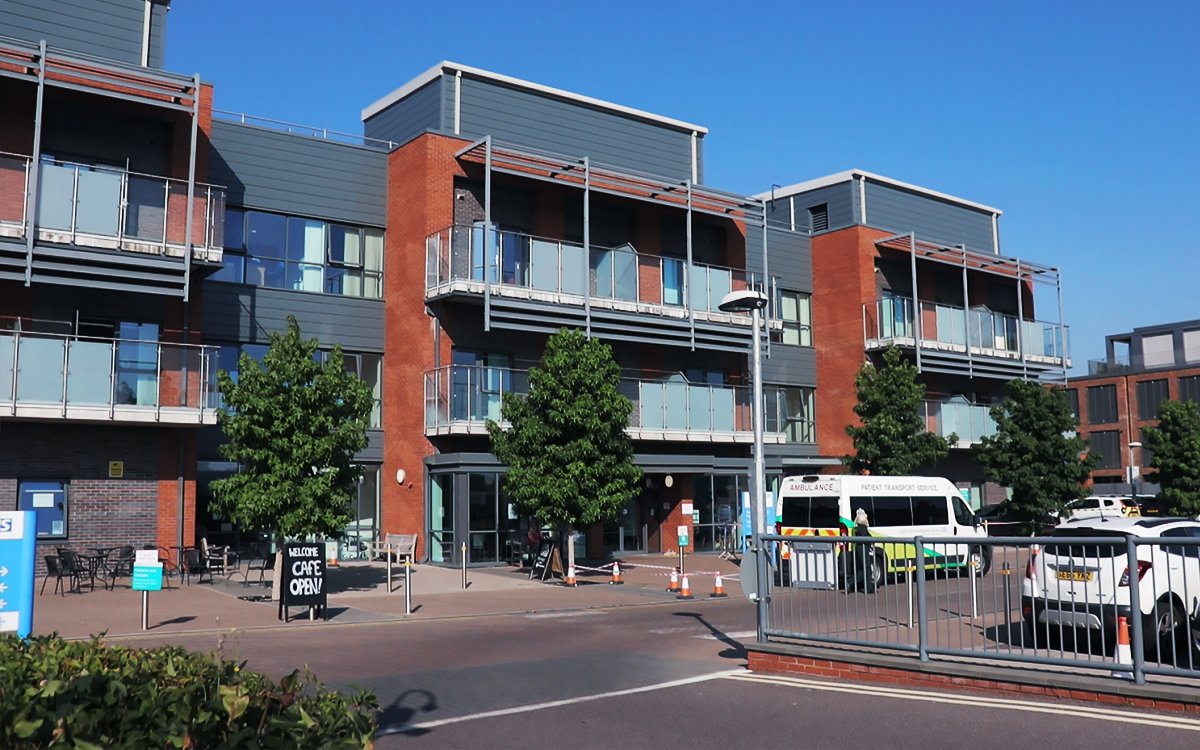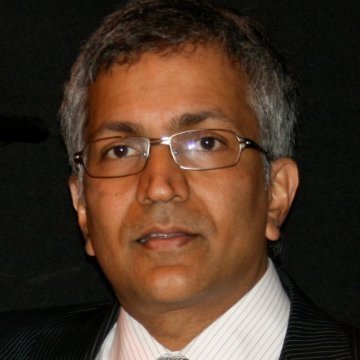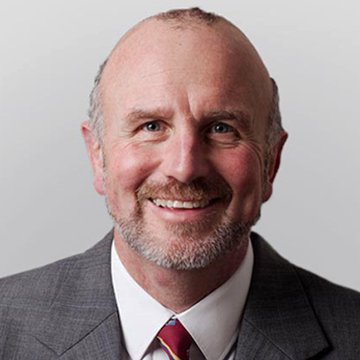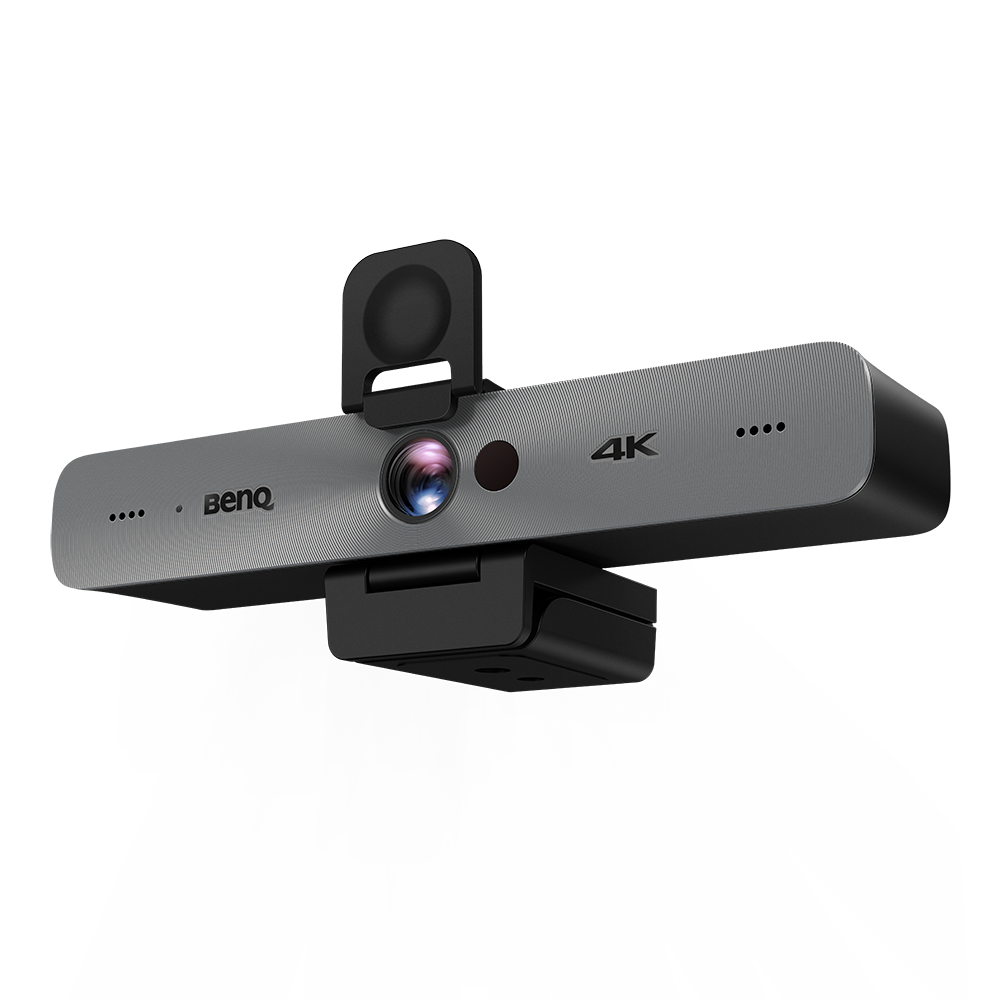ENT Doctors at the Royal Berkshire Hospital Utilise DuoBoard for their Satellite Operations
- BenQ
- 2022-01-26


Due to a restructuring in 2020, the Royal Berkshire Hospital’s Ear, Nose and Throat (ENT) relocated most of their clinics to another place in Henley, and the two departments needed a lot of coordination and case planning.
With part of the specialists staying back at the original location in Reading, the two sites needed tools to be able to work on their own, while still cooperating with each other. With the DuoBoard solutions, BenQ solved their problem by facilitating remote meetings and detailed discussions, so that the medical staff from the two units are now able to communicate and consult their peers easily.
Having already used the BenQ DuoBoard for meetings and training sessions in Reading, the hospital chose to purchase other displays for the Henley unit. With the DuoBoard, the doctors increase their capacity to provide high-quality care while still having smooth and efficient collaboration with the other site. Moreover, the interactive displays are used for remote teaching, mentorship and trainings.
Year of Completion
2020
BenQ Solutions Used
- DuoBoard 65" interactive displays
- IE1004-B Intel® Core™ i7 OPS slot-in PCs
- DVY22 smart 4K conference cameras
- WDR02U Wi-Fi dongle
Segment
Healthcare
Location
Henley, United Kingdom
Project
RBH uses BenQ DuoBoard to facilitate remote collaboration between their new site including online teaching, training and case planning.
As part of their modernisation and COVID-19 recovery efforts, the Royal Berkshire Hospital’s Ear, Nose and Throat (ENT) department transferred most of their clinics and operations from their site in Reading to their new location, Townlands Memorial Hospital in Henley, towards the end of August 2020.
The new Henley site provided ENT staff with more state-of-the-art facilities that allow them to extend their services to more people. Previously, ENT specialists needed to observe a one-hour rest period in between patient visits to comply with pandemic guidelines. The modern facility reduced this gap to 20 minutes and increased the number of patients they are able to accommodate in a day.
But not all of the ENT specialists made the move to Henley. A portion of the medical staff stayed behind in Reading, accepting patients at the Royal Berkshire Hospital’s Dorrell Ward. According to Dr Rogan Corbridge, consultant ENT surgeon at the Royal Berkshire Hospital, the setup is practical. They get to see more patients each day. Operating from two sites allows staff to provide patient care at the new Henley hub, while still doing regular consultations and surgery for patients who live closer to Reading.
Although having one department split its caseload between two locations increases their capacity to provide high-quality care, it also poses a new challenge: the two sites may be able to work independently, but a lot of coordination and case planning is still involved. Doctors at Henley still need the professional input of their colleagues based in Reading.
‘Operations entail a lot of multidisciplinary work,’ explains Dr Sumith Perera, consultant cataract and refractive surgeon, colleague of Dr Corbridge. ‘For complicated cases, we need to have regular discussions with specialists from the Neurology and Radiology departments.’ Because these two divisions are housed in Reading, it is easier for the local ENT team there to consult their peers, but the medical specialists stationed in Henley, which is about 14 kilometres away, require the frequent use of video conferencing and cloud white boarding.
The Townlands site has two rooms dedicated for video conferencing. Specialists there use these spaces for remote consultations, as well as coordination with their Reading-based colleagues. As for the site in Reading, the Royal Berkshire NHS Foundation Trust acquired BenQ DuoBoards and peripherals as part of their hospital modernisation efforts, enabling their staff to do more than just make standard video calls.

Dr Sumith Perera
MBBS. DCEH MRCOphth. FRCS. Cert. LRS Consultant ophthalmologist, cataract and refractive surgeon
- Dr Sumith Perera LRS Consultant ophthalmologist, cataract and refractive surgeon
For cases that require doctors to examine CT or MRI scans, they need to coordinate with specialists from other departments. These scans play an essential part in diagnosis and treatment. They refer to CT scans to closely examine patients' sinuses or temporal bones, while they rely on MRIs to differentiate soft tissue structures in the nasal area. This can help them better detect possible tumours and other serious conditions.
They load the scans on the DuoBoard and use its touchscreen interface to annotate directly on the images. ‘Being able to write on the scans makes it more convenient for us to discuss the specifics of each case,’ says Dr Perera.
'There are conditions that don't have very obvious physical symptoms, so we need medical imaging for us to give a more accurate assessment of our patient's case,' adds Dr Perera. ‘Having this large screen to view these images on is immensely useful.’
The DuoBoard’s ultra-high definition screen is also beneficial as local teams are able to see these radiological images in 4K clarity. Because it's a large-format display, specialists can clearly look at magnified versions of medical images.
Complementing the DuoBoard with an OPS slot-in PC and the DVY22 smart conference camera gives the ENT staff a complete collaborative system, which allows them to use hospital-prescribed apps like Microsoft Teams and other useful interactive features for hybrid meetings.
- Dr Sumith Perera LRS Consultant ophthalmologist, cataract and refractive surgeon
Dr Corbridge notes how, on top of video conferencing, they use its cloud white boarding features for their daily morning meetings. Moreover, he also takes advantage of its interactivity for mentorship opportunities: 'I tend to do quite a lot of teaching, and I use it for that. It is clearly a fairly powerful bit of kit. It’s a very useful and significant step up from what was available to us before,' he says.
Moreover, Dr Perera adds how they keep finding more ways to utilise the interactive display: 'We acquired a new piece of equipment recently that required a bit of instruction. We used the DuoBoard for training our nursing staff. The trainers who came in to help us were very impressed by the features it provided.' He says that he is now looking to see how he can incorporate the display when he does remote teaching and case presentations for trainee doctors in Cambodia.
*Image from the NHS website

Dr Rogan Corbridge
ENT Department Clinical Lead, Consultant ENT Surgeon specialising in throat cancer and thyroid gland surgery
The DuoBoard’s presence at the Royal Berkshire Hospital has so far been transformational, as evidenced by how specialists continue to utilise it to offset COVID-19 setbacks and coach trainees.
